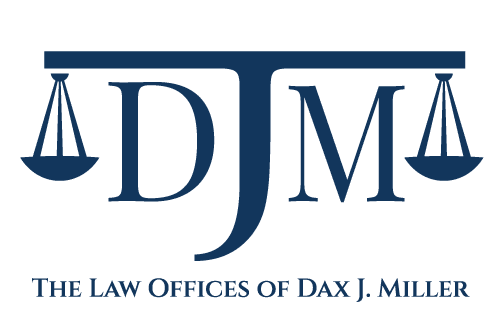Bankruptcy Filings Rise in 2023
The numbers are in – bankruptcy filings are on the rise. With all four quarters of 2023 reaching new peaks, we are seeing the highest number of both business and non-business filings since 2020. With business filings up 40.4% and non-business filings up 16%, we are seeing a total 16.8% rise in filings since 2022.
What is Bankruptcy?
Bankruptcy is a legal process that is taken by a business or individual who cannot repay debts to their creditors and seek relief from those debts. At The Law Offices of Dax J. Miller, we offer Chapter 7 and 13 bankruptcies for individuals seeking to file. A Chapter 7 bankruptcy gives an individual the opportunity to discharge their debt. A Chapter 13 bankruptcy gives an individual the opportunity to repay their debts through a repayment plan.
Why File for Bankruptcy?
There are many reasons that people file for bankruptcy. Many Americans have a variety of debts including credit card debts and auto loans. Filing for bankruptcy can be a great option when those debts start to pile up. This is because bankruptcy can give you relief from garnishments and collection letters. When you file for bankruptcy, it stops your garnishments and collections by initiating an automatic stay.
Another reason to file for bankruptcy is in the case of repossession or foreclosure. When you file for a chapter 13, repossession can be halted or prevented and foreclosure sales can be stopped in their tracks. Chapter 7 bankruptcies, on the other hand, can provide you with relief from your personal liability on your property.
Is Bankruptcy Your Next Move?
The idea of filing for bankruptcy can be daunting, but here at The Law Offices of Dax J. Miller, we do our best to provide guidance through what can be a very stressful time in your life. If you think bankruptcy could be the right move for you, contact us today to schedule your free phone consultation.


